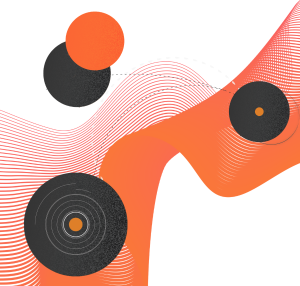Future Directions
 Time, space, and labour are limited resources in the research data-verse. We have included this section as an acknowledgement of all the additional topics digital humanists WISH were in this Primer. This is a way of speaking these other resources into being in the future and advocating for the needs of digital humanists in our national data infrastructure and training ecosystem. If you need support with any of the topics below, we recommend you contact your librarian or other specialized research support staff. They are key to the successful undertaking of data curation management.
Time, space, and labour are limited resources in the research data-verse. We have included this section as an acknowledgement of all the additional topics digital humanists WISH were in this Primer. This is a way of speaking these other resources into being in the future and advocating for the needs of digital humanists in our national data infrastructure and training ecosystem. If you need support with any of the topics below, we recommend you contact your librarian or other specialized research support staff. They are key to the successful undertaking of data curation management.
- Ethical use of AI and Big Data analysis in the Humanities; for example, working with consensual and non-consensual internet data use, with a roles and relationship approach.
- Working with digital collections that have Indigenous community ownership and protocols for engagement, for example:
- A guide to developing data sharing, use and ownership agreements that go beyond the REB requirements or intellectual property laws.
- Guidelines for third party data stewardship when working with community data ownership protocols (e.g., in support of Indigenous data sovereignty)
- Guide for artists and creative workers on RDM related topics, for example:
- Creative outputs as data, if you are working inside academic publishing and funding contexts
- Negotiating engagement with academic research projects, when you are working outside of this context, with an emphasis on artists’ rights and community representation
- Humanities-friendly guidance to how RDM can help support disciplinary challenges
- File Storage and best practices for data sharing within research teams
- Best practices for managing data through an equity, diversity, and inclusion lens across multiple institutional partners
- Long term preservation of webpages and other web-based resources
- Interpreting and applying copyright law and open licenses when working across different national environments
- How and where to find secondary data
- Metadata standards in the Humanities, including metadata schema recommendations and best practices in object description

